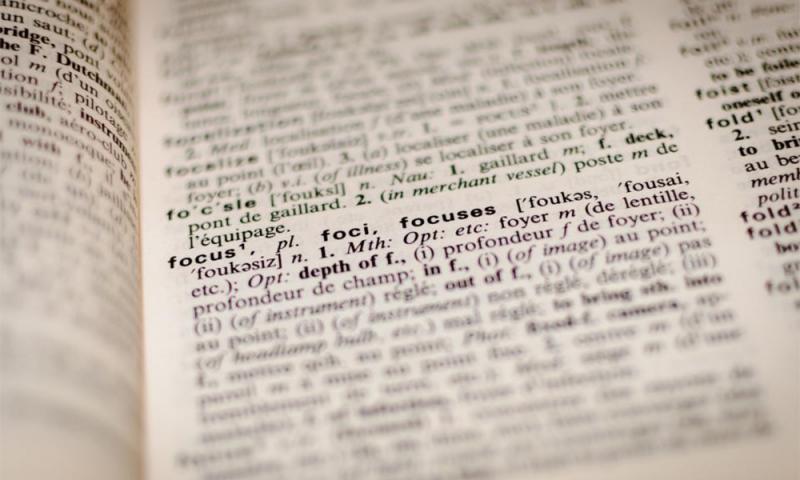LETTER | I speak, read, write and dream in English
LETTER | The above words were displayed on the dashboard of my budget taxi that I drove between 2004 and 2010 to assure foreigners that I was conversant in English. However, an overly nationalistic local passenger took exception, as he felt I had relegated Bahasa Malaysia to the back seat.
Whenever I spoke in Malay, Mandarin, Hokkien, Cantonese, or my mother tongue Hakka, I often had to struggle to find the right words. It is common for Malaysians who have attended English primary and secondary schools to speak in English even among family members and relatives.
Throughout my 56-year career, written communication was in English, starting in the motor industry in sales, service and spares, then as an insurance agent, tourist guide, tour operations, vehicle maintenance, travel services, car rental, management, consultancy and training services.
Waking up from my sleep while dreaming, I could remember the words used were in English. Although most people have no idea whether their dreams were in colour or black and white, my dreams have been in colour ever since I read an article 60 years ago when I was 14.
In primary school, I started listening to English news over the radio several times a day. I subscribed to Time and Life magazines in upper secondary school under a special offer and continued to receive them for free long after the paid subscription period had ended.
By listening to English news and reading international magazines and Malaysian newspapers, I kept abreast with global and local developments. Over many years, I often bought and read the four local English newspapers from cover to cover when they were printed and distributed.
My moral values were largely developed and nurtured by reading many old and new issues of Reader's Digest in my teens and twenties. Much of my adult life was exposed to Western media, often swallowing them hook, line and sinker. But this started to change some 20 years ago.
In 2004, the United States Senate Armed Services Committee concluded that there was no evidence that Iraq under Saddam Hussein had produced and stockpiled any weapons of mass destruction (WMDs) since 1991 when United Nations sanctions were imposed.
Even though a UN inspection team found no evidence earlier, the United States and its allies still went ahead to invade Iraq in 2003 under the pretext of destroying WMDs, with the Western media describing it as the Iraq War. The blatant intrusion should be called the Iraq Invasion.
Since then, I have chosen not to believe or disbelieve anything I read, hear or see, which can be a text, photo or video. I can easily spot many fake videos forwarded to me, including deepfakes, such as lip-syncing while a song is being played or someone appears to be speaking.
Competency in English has empowered me to learn fast and well in many new fields and careers and enabled me to access a vast amount of information online. But it is a double-edged sword, as most are inaccurate, biased opinions, misinformation or disinformation.
Therefore, it is essential to unlearn what is not true, erroneous or outdated and relearn what is current, relevant and useful. Clinging on to old knowledge and experiences and applying them in vastly different situations or settings can backfire, as a little knowledge is a dangerous thing.
Young or old, we must embrace and adapt to rapid changes affecting our lives or become functionally obsolete. This happens in societies that spend much time claiming imaginary past glories instead of gearing toward the future that will be largely shaped by artificial intelligence.
The views expressed here are those of the author/contributor and do not necessarily represent the views of Malaysiakini.
RM12.50 / month
- Unlimited access to award-winning journalism
- Comment and share your opinions on all our articles
- Gift interesting stories to your friends
- Tax deductable
